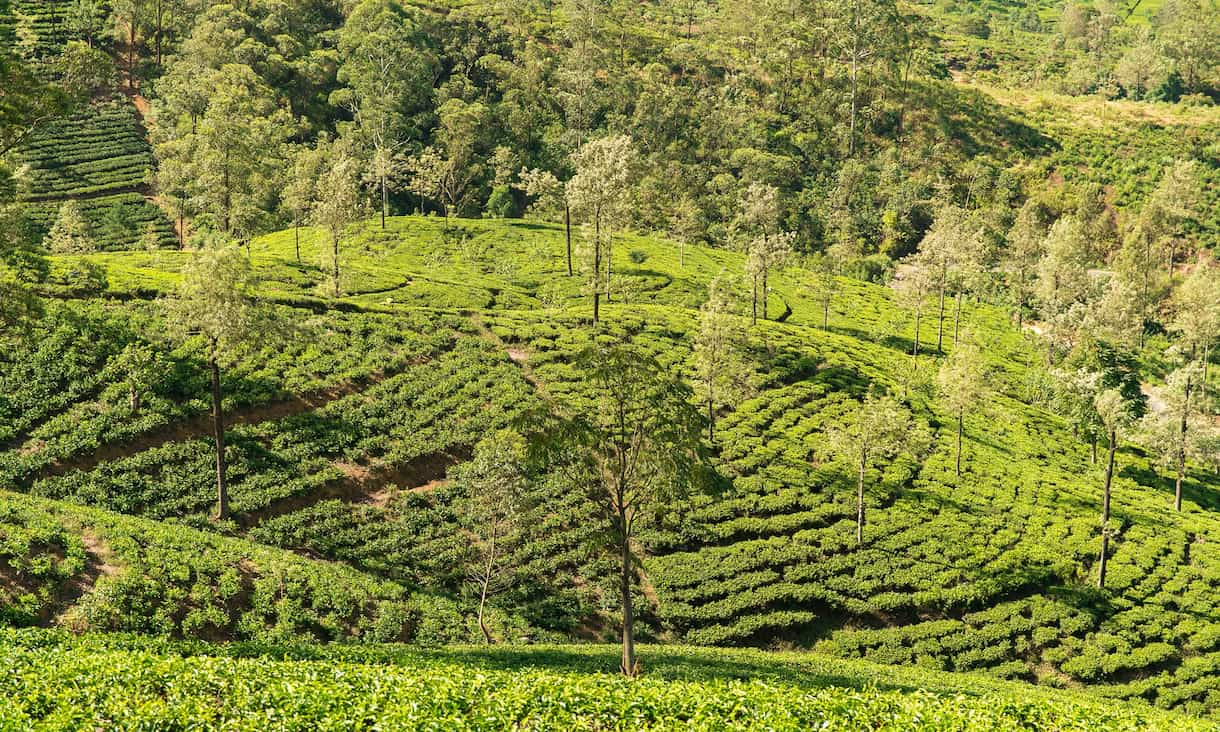Artificial intelligence at work: How intelligent systems and human resource analytics are transforming recruitment and talent development
Artificial intelligence (AI) is already reshaping how organisations attract, recruit, assess, develop and manage talent. From algorithmic CV screening to AI-driven learning platforms, intelligent systems are increasingly embedded across the work lifecycle of employees.
Indonesia’s Energy Transition: Navigating Ambition, Reality and Opportunity
Indonesia’s energy transition is entering a decisive phase. The country has moved from broad pledges toward a more detailed—if occasionally inconsistent—policy framework.
Are we living through an era of extraordinary technological progress, or a drought of genuine breakthroughs?
Public optimism about the pace of technological progress has rarely been higher. Popular discourse is saturated with claims that we are on the cusp of extraordinary transformation, whether through artificial intelligence, biotechnology, or even the merging of humans and machines.
Reforming the Corporations Act to Include Human Rights Due Diligence: A Legal Proposal
Australia may be on the cusp of a significant shift in how corporate law addresses non-financial risk and promotes Environmental, Social and Governance (ESG) performance.








